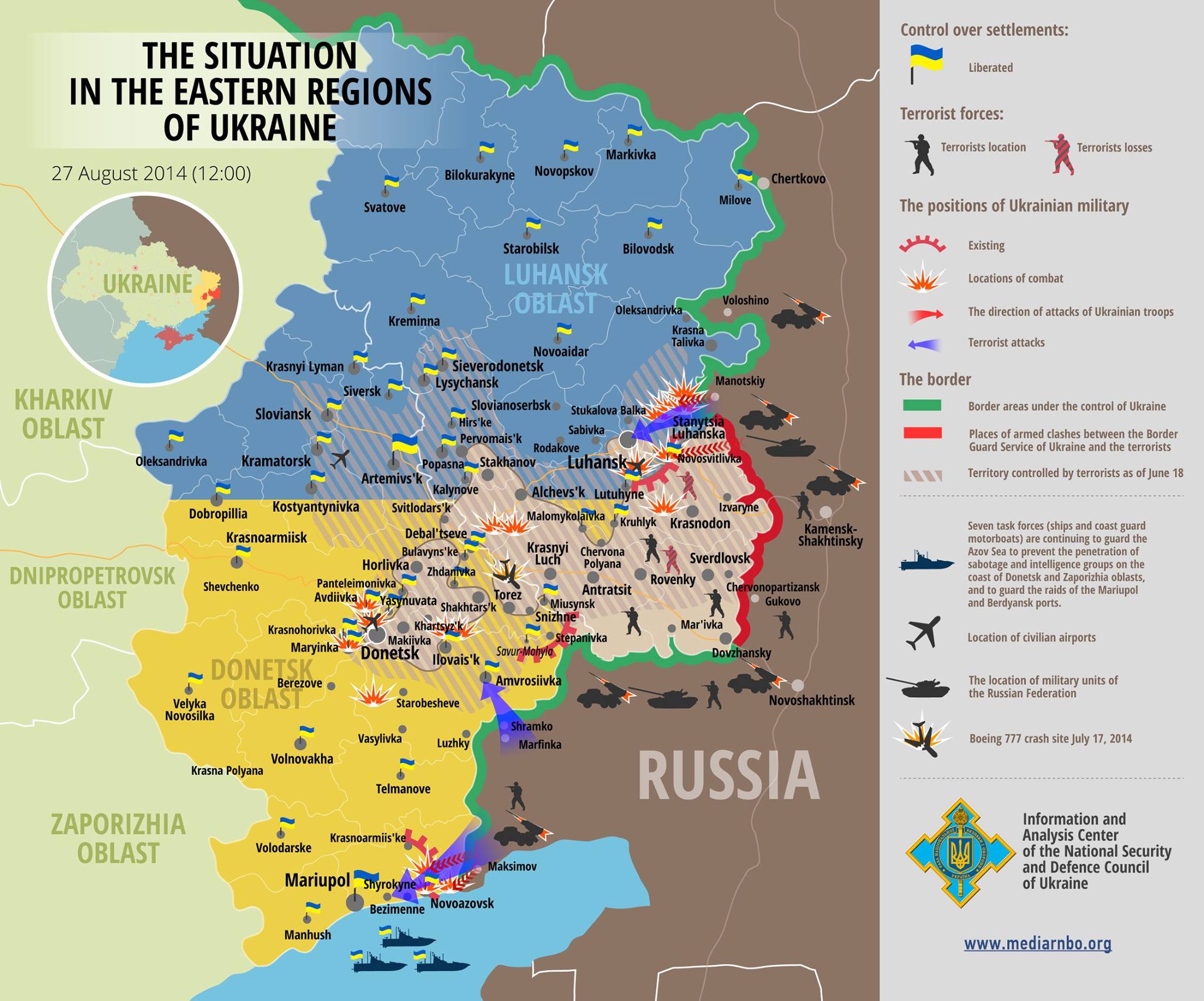On September 16, journalists in Kyiv and regions traditionally commemorated Georgy Gongadze and other journalists who died doing their professional duties for the fourteenth year in a row. However, media workers claim nothing has changed since Gongadze’s death, and call 2014 the most tragic year for Ukrainian journalism – during the ATO, 7 journalists have been killed and over 70 have been held hostage. In times of extreme hardship for the media, the government should offer a hand and engage with profiling laws, media experts ask.
On Tuesday, starting the very morning, a banner with the inscription, Georgy, we have not forgotten emerged on the bridge between October Palace and Maidan Nezalezhnosti. In the evening, journalists came to the stella in Maidan to traditionally commemorate the fallen journalists with a mourning march and a candlelight vigil. This year the list includes seven more journalists.
“Throughout the eight months of 2014, 265 journalists were beaten. As of now, over 70 journalists have been held hostage on occupied territories, in both Crimea and in the East of Ukraine, and 7 journalists were killed. We documented also 120 instances of censure, 90% of which had to do with switching off Ukrainian TV channels or blocking the issue of Ukrainian media,” says executive director of the Mass Information Institute Oksana Romaniuk.
The reasons for the lack of protection for journalists in Ukraine is the lack of a systematic dialogue with the government. International journalist for Hromadske.TV Natalia Humeniuk, who is a frequent guest in the combat zone in the east, notes that the blame for this lies on state bodies, especially military ones, which frequently provide unverified information.
“It is not normal when our colleagues, who went to report on the events in the east, have to refute data produced by state government. I can say that significant exaggeration or lack of information verification on part of the Defense Ministry representatives and other official structure also significantly undermines their authority in the eyes of foreign journalists, who cannot trust those they should,” says Humeniuk.
As such, the investigation of Georgy Gongadze’s murder, just like the investigation of all crimes against journalists, is the government’s foremost task, if it wants to encourage the development of freedom of speech in Ukraine, say the media workers. This is why the journalists from Stop Censure! made a special address to the President, the Head of the MIA and the Prosecutor General.
“In Ukraine there are no platforms, within which we could meet and publicly raise these issues. We have not yet heard the position of the newly-elected President regarding freedom of speech, the investigation of attacks on journalists and social television. Therefore, I would like to address Petro Poroshenko, Prosecutor General Vitaly Yarema, Internal Minister Arsen Avakov, and ask them to begin systematic dialogue with the journalist community, begin active work not only on the investigations, but media reforms, which would protect the rights of Ukrainian citizens to information,” calls Oksana Romaniuk.
The media reforms journalists demand have to do with the creation of social broadcasting, the privatization of printed media, transparent media property and the liquidation of the National Committee for Social Morality. The media community relies on the journalists that decided to run in the parliamentary elections for their demands to be met.






